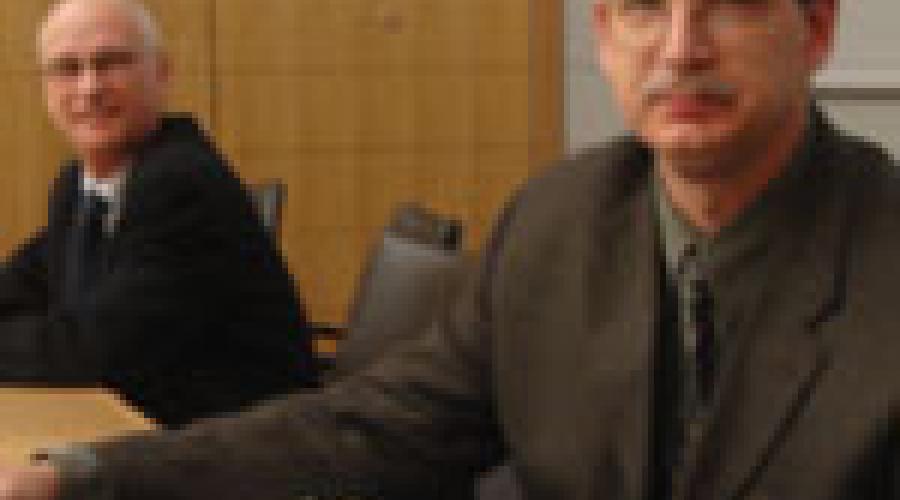
Art Wheaton and Stuart Basefsky report on IR Trends at the OECD
Representing the United States, Arthur Wheaton, senior extension associate, spoke at the recent Industrial Relations in the EU and Other Global and Emerging Economies workshop held at the Organization for Economic Cooperation and Development (OECD) in Paris, France. He made two presentations. The first was on "individualisation of wages and individualisation of employment." The second was on "industrial relations trends" which was a part of the program chaired by Stuart Basefsky, information specialist, who teamed with Art in putting together the initial report which was in response to a questionnaire sent to researchers from Japan, Brazil, India, and China in addition to the USA.
The workshop was sponsored by the European Foundation for the Improvement of Living and Working Conditions, an official agency of the European Union headquartered in Dublin, Ireland. This year, more than 40 representatives of European employer groups, labor unions, and governments participated in the workshop.
The European Foundation once again invited the ILR School to present an overview of developments and trends in industrial relations and/or employer/employee relations in the USA during the previous year. The ILR School has been invited to participate in this workshop annually since 2003. This endeavor is now recognized as a key element of an formal partnership that the ILR School has with the European Foundation.
Wheaton with the support of Basefsky presented authoritative facts and figures in response to questions about the economy, political developments, legislation, collective bargaining, union density, pay, benefits, global pressures and other matters related to work.
In addition, a yearly theme of interest to the European Union is examined. This year's theme focused on "Wage Developments, Minimum Wages and Wage Flexibility."
This workshop provides a global perspective that benefits ILR and the other participating countries. The information shared helps Europe further develop its own policies. In turn, ILR is provided a key center for global networking that benefits the School's students, faculty, researchers and outreach programs.


